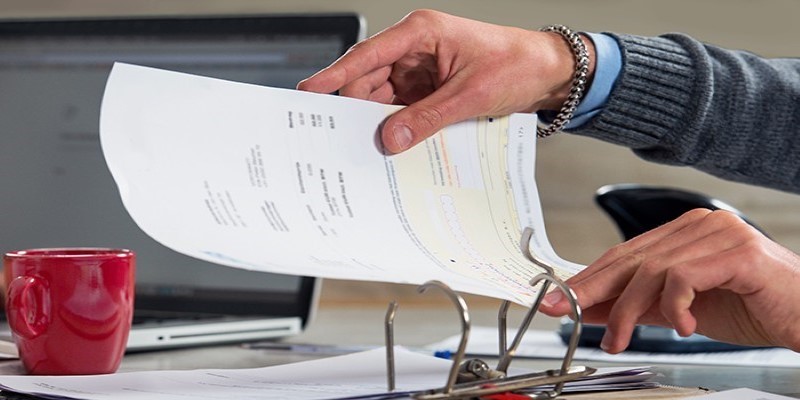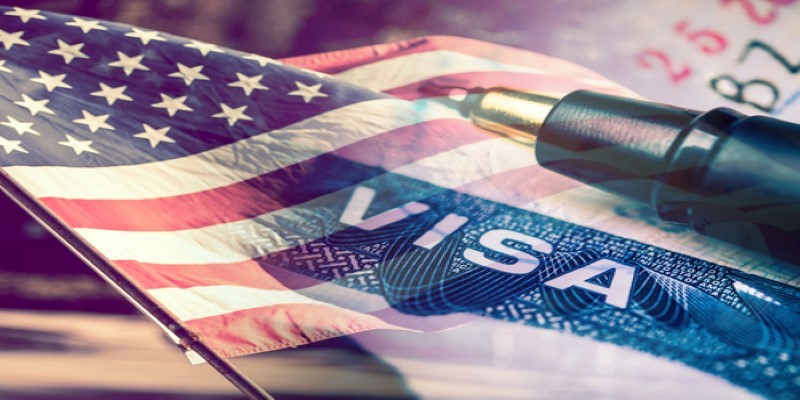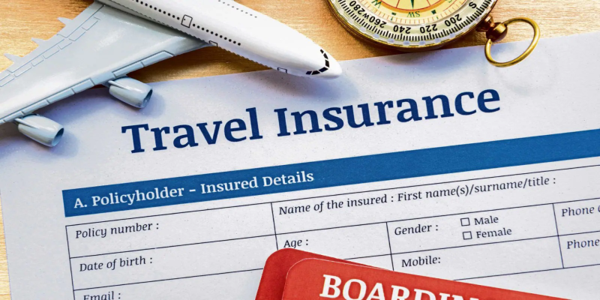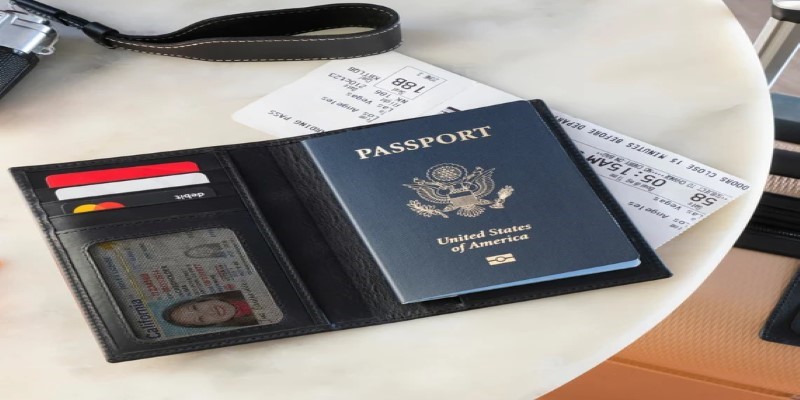What To Do If You Lose Your Passport Abroad
Losing your passport while travelling abroad can be a nightmare. It's one of those situations that no one ever wants to experience, but unfortunately, it happens more often than you'd think. So, what should you do next? How can you replace it quickly and avoid ruining your trip? Don't panic—here's a step-by-step guide on what to do if you lose your passport abroad.
Stay Calm And Retrace Your Steps
First things first—breathe. Losing your passport is stressful, but it’s not the end of the world. Before jumping to conclusions, take a moment to retrace your steps.
Check all your bags, pockets, and hotel rooms. Sometimes, a misplaced passport can feel like a lost one.
Ask the hotel reception, airport staff, or any place you recently visited if they have found a lost passport.
If you were in a taxi or rideshare, contact the company or driver to see if it was left behind.
If you’ve thoroughly searched and still can’t find it, move on to the next step.
Report The Loss Immediately
Once you're sure your passport is lost, you must report it immediately. This is crucial to prevent identity theft and to start the process of getting a replacement.
Report It To The Local Police
In many countries, authorities require a police report before issuing a new passport. Even if it's not mandatory, having an official record of the loss can help you at your embassy. Visit the nearest police station and explain the situation.
Notify Your Embassy Or Consulate
Your country's embassy or consulate will issue a replacement passport. You can usually find their contact details online or ask hotel staff for assistance.
Tip
If your passport was stolen, mention any other missing items, such as credit cards or identification, in the police report.
Gather The Necessary Documents

To get a replacement passport, you’ll need to provide some documents. The exact requirements vary by country, but here’s a general list of what you might need:
A Passport-Sized Photo
Many embassies require a recent passport-style photo. You can take one at a local photo shop or sometimes even in a shopping mall.
A Police Report
Some embassies may require proof that you reported your passport as lost or stolen.
Proof Of Identity
Bring a copy of your passport. A driver's license, national ID, or any other official document may work if not.
Proof Of Travel Plans
Your return flight ticket or itinerary can help speed up the process.
A Completed Passport Application Form
You’ll likely need to fill out a form at the embassy or download it online beforehand.
Payment For The New Passport
Fees vary depending on your country’s regulations. Some embassies accept credit cards, while others may require cash.
Tip
Keeping digital copies of your passport and essential documents in cloud storage or email can make this process much more manageable.
Visit The Embassy Or Consulate

Once everything is ready, go to the nearest embassy or consulate immediately. Some embassies allow walk-ins, while others require an appointment. Call ahead or check their website for details.
At the embassy, they will verify your identity and guide you through the application for a replacement passport. Depending on your situation, you may receive one of the following:
Emergency Travel Document (ETD)
If you need to travel urgently, some embassies issue temporary passports that allow you to return home or continue your trip with restrictions.
Full Replacement Passport
If you stay in the country longer, you may receive a standard passport replacement, which can take several days.
Tip
The processing time varies. Some embassies issue temporary travel documents on the same day, while others may take a few days or weeks. Check with them to know what to expect.
Contact Your Airline And Travel Insurance Provider

If you’re due to fly soon, contact your airline to inform them about your situation. Some airlines may allow you to board with an emergency travel document, while others may have stricter policies.
If you have travel insurance, check whether it covers passport loss. Some policies reimburse the cost of a new passport, additional accommodation, or travel delays caused by the lost passport.
Tip
Call them for advice on whether your travel insurance includes a 24/7 assistance hotline. They may guide you through the process or even help cover some expenses.
Prevent Further Issues
Now that you have your emergency travel document or replacement passport, take precautions to avoid losing it again:
Use A Secure Travel Wallet
Store your passport in a money belt or a travel pouch close to your body.

Keep Digital And Physical Copies
Email yourself a scanned copy of your passport and store a photocopy in your luggage.
Use Hotel Safes Wisely
If you leave your passport in a hotel safe, double-check before checking out.
Be Mindful In Crowded Areas
Pickpockets often target tourists in busy places like public transport, markets, and tourist attractions.
Tip
Some countries require you to carry ID at all times. If you don't want to have your passport, a photocopy might work (check the local laws).
What If You’re In a Country Without An Embassy?

If you lose your passport in a country where your country doesn’t have an embassy, don’t worry—there are still options.
Contact The Nearest Embassy In A Neighboring Country
They can assist you remotely or guide you to the next steps.
Visit Another Country’s Embassy For Help
Some countries assist citizens of allied nations.
Reach Out To Your Government’s Emergency Services
Many governments have emergency helplines for citizens abroad.
Tip
The embassy website or your country's foreign affairs office usually has emergency contact details for distressed travellers.
Final Thoughts: Don't Let It Ruin Your Trip
Losing your passport abroad is frustrating, but you can get back on track with the proper steps. Stay calm, report the loss, gather your documents, and visit the embassy immediately. While waiting for a replacement, take precautions to ensure the rest of your trip goes smoothly.
Most importantly, learn from the experience. Secure your passport better next time, keep copies of essential documents, and consider travel insurance to cover unexpected mishaps.
Safe travels, and may your next trip be passport-loss-free!
Related Posts
- How To Score Last-Minute Travel Deals And Save Big
- How To Plan An Epic Road Trip Like A Pro
- Explore Tokyo’s Vibrant Neighborhoods and Uncover Unique Experiences
- Unlock the Secrets of Paris and Explore Beyond the Eiffel Tower
- Unleash the Magic of Patagonia and Its Stunning Natural Wonders
- Top Hot Air Balloon Experiences With Great Views